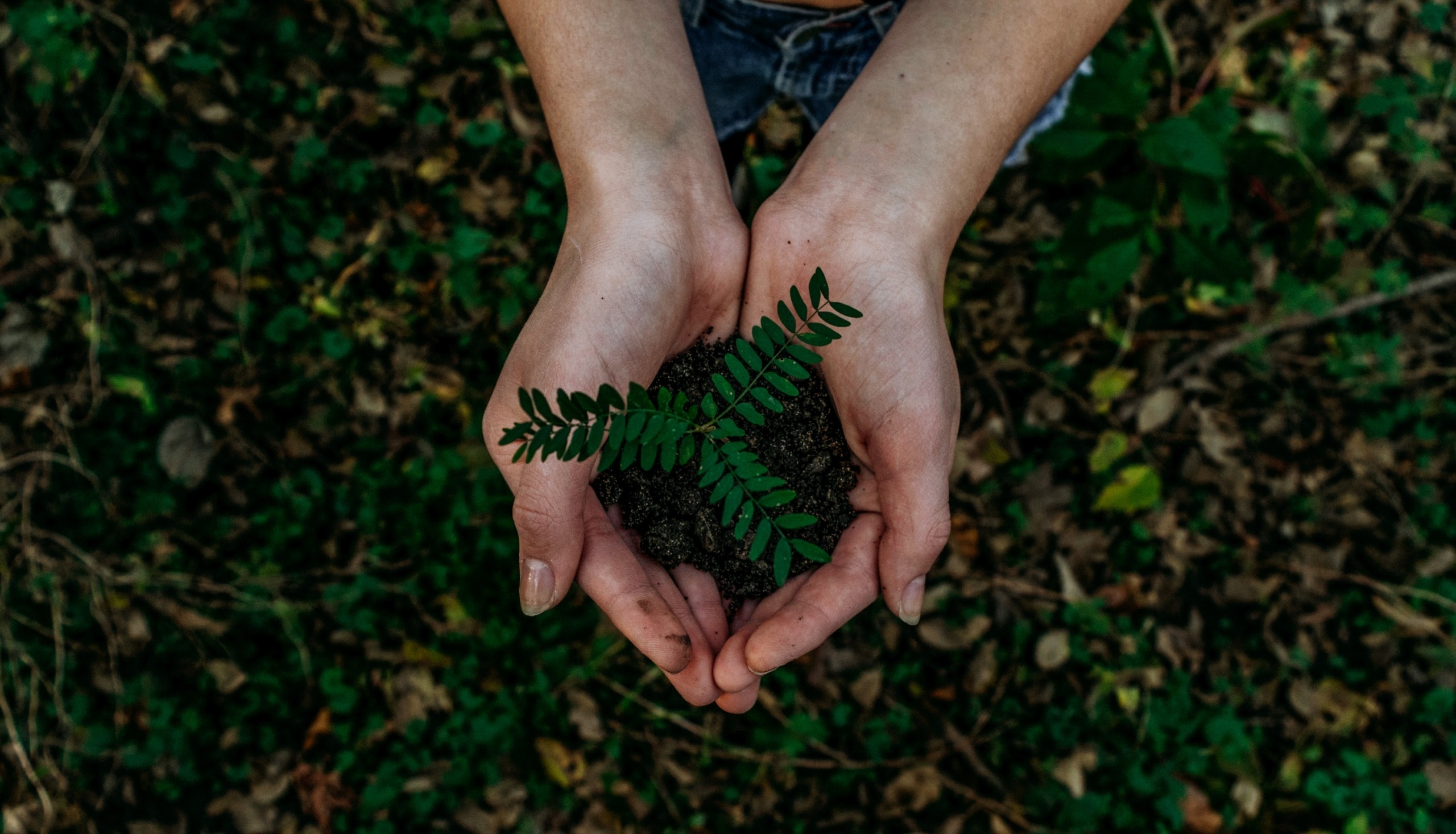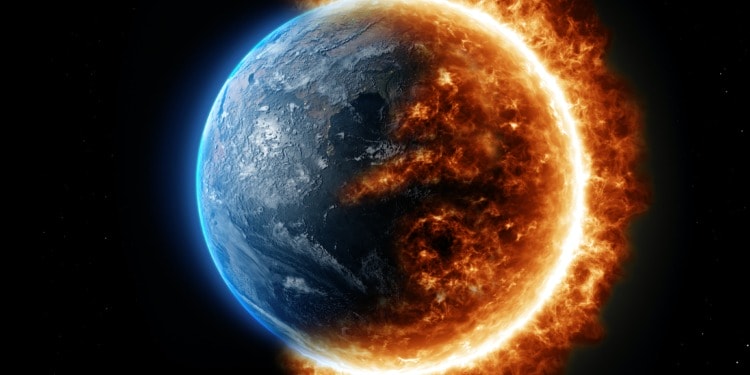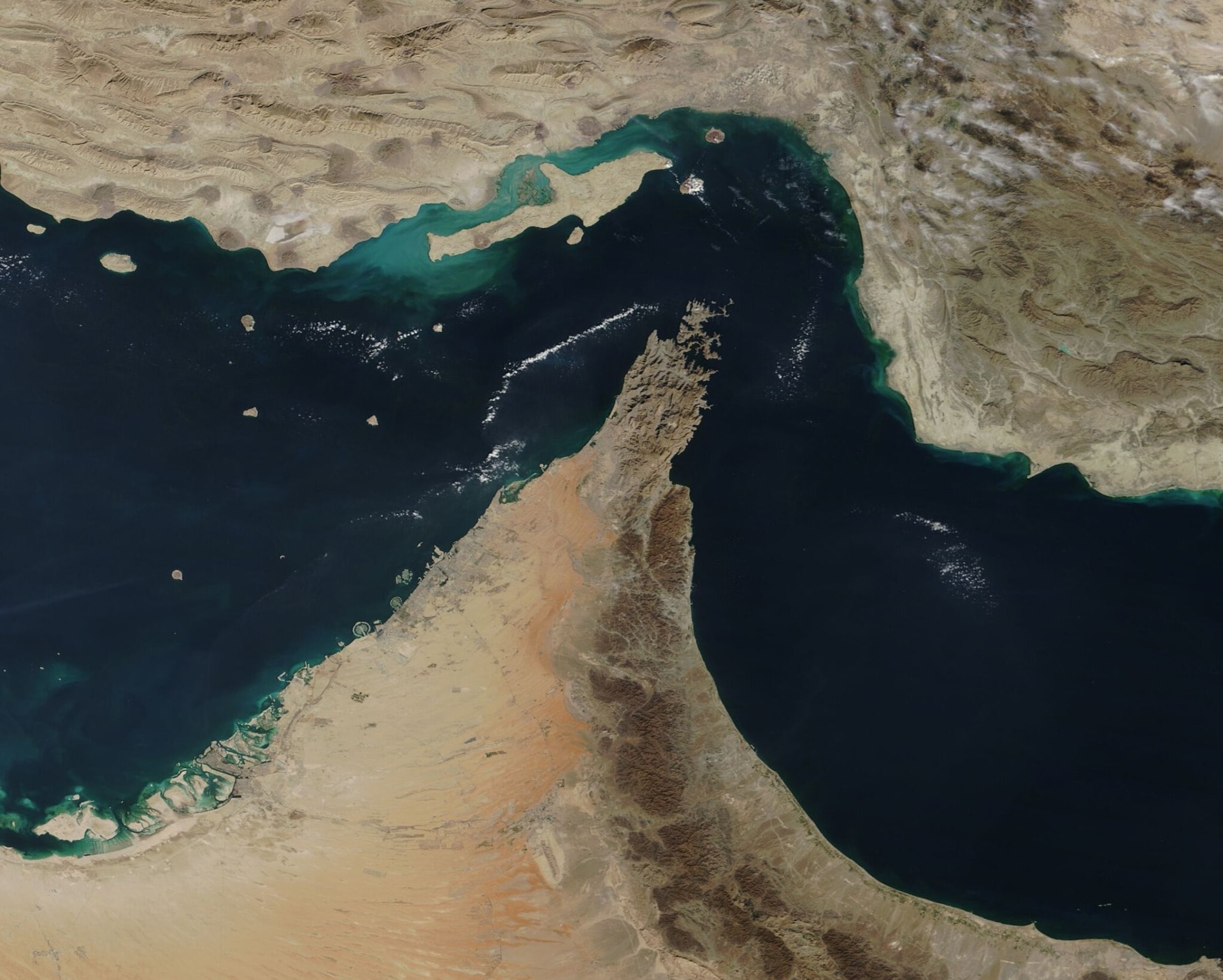Today marks the alarming point at which humanity exhausted the planet’s yearly natural resources. This year’s date is months earlier than the first Overshoot Day on December 25, 1971.
What is Earth Overshoot Day?
Earth Overshoot Day marks the moment when we have used up all the resources and ecosystems that Earth can regenerate in a given year. In 2023, this day falls on August 2, meaning we consume the equivalent of 1.7 Earths.
The think tank New Economics Foundation introduced the idea in the 2000s to raise awareness about humanity’s ecological footprint. Since then, it has become an annual event, calculated and promoted by the Global Footprint Network, to track when humanity surpasses Earth’s capacity to regenerate resources in a given year.
🌍 Today is #EarthOvershootDay. There is immense #PowerOfPossibility in the countless #solutions that are ready to be deployed at scale. With them, we can make ourselves more resilient and #MoveTheDate of Earth #OvershootDay.https://t.co/YU9YM3fEwS pic.twitter.com/sxeJFX9JmA
— Global Footprint Network (@EndOvershoot) August 2, 2023
The day is arrived at using data from the United Nations to calculate the ecological footprint of each country and the planet’s “biocapacity.” Biocapacity refers to the Earth’s capability to produce renewable resources and dispose of waste, while the ecological footprint measures the demand on nature, including the consumption of resources and emissions.
Contributing Factors
Several factors contribute to the early arrival of Earth Overshoot Day. Overpopulation, excessive energy consumption, reliance on fossil fuels, and the production of greenhouse gases are some of the critical drivers of resource depletion.
The growing need for food, water, and consumer products also puts extra pressure on our planet’s ecosystems. In the past century, the world’s population has quadrupled.
In 1915, there were 1.8 billion people globally. Currently, there are approximately 7.8 billion people. Along with this, there is a projected increase in food demand of 59% to 98% by 2050. Simply put, we are heading towards a food shortage crisis.
Innovative and Sustainable Solutions
Many innovative solutions in the fight against resource depletion offer hope for a sustainable future. Investing in renewable energy, adopting eco-friendly transportation, promoting circular economies, and improving agricultural practices are essential strategies that can help delay and even reverse Earth Overshoot Day.
Related Articles: The Earth Is in Reserve: What Is Overshoot Day? | 5 Ideas For an Eco-Friendly Date
The United Nations has identified 17 Sustainable Development Goals (SDGs) to address global challenges such as poverty and inequality. These goals aim to ensure everyone is included in achieving a better and more sustainable future by 2030.
Individual Responsibilities
While systemic changes are necessary, individuals are also responsible for making a positive impact. Simple actions such as reducing waste, conserving energy, choosing sustainable products, and supporting ethical businesses can curb overshoot.
As an individual, certain habits can positively impact the environment.

Firstly, consuming less meat and dairy can make a significant difference. Experts estimate that the meat and dairy industry contributes 14.5% of planet-warming gases. To achieve this, individuals can reduce the number of meat-based meals per week and cook more at home.
It is also important to consider reducing food waste. In the UK alone, people waste 10 million tonnes of food annually. Rather than throwing out vegetable cores, individuals can repurpose them by potting them for new plant growth. This not only maximises food usage but also adds beauty to the home.
Reducing clothing consumption can have a more significant impact than we realise. Retailers capitalise on our desire to keep up with trends, leading to increased demand for raw materials. Buying fewer items can reduce this demand and positively impact the environment.
Taking Collective Action to Preserve Earth’s Resources
The good news is that we have used our annual budget about five days later than in 2022, and our spending is slowing down. However, we still have a long way to go.
If we work together and adopt sustainable practices, we can progress in delaying the overshoot day and allow our planet to recover and heal. Our decisions today will have an impact on the future of our world, and it is our responsibility to maintain a balanced and sustainable relationship with Earth’s valuable resources.
Editor’s Note: The opinions expressed here by the authors are their own, not those of Impakter.com — In the Featured Photo: Earth in a state of Armargeddon. Featured Photo Credit: Javier Miranda.









